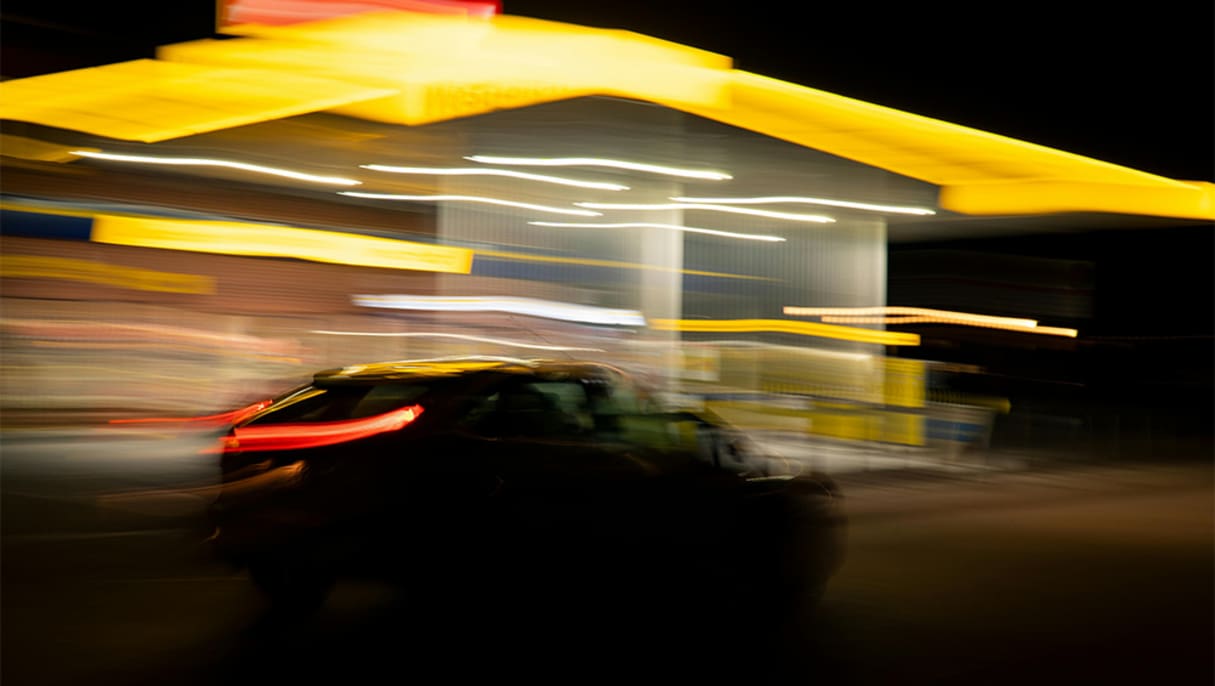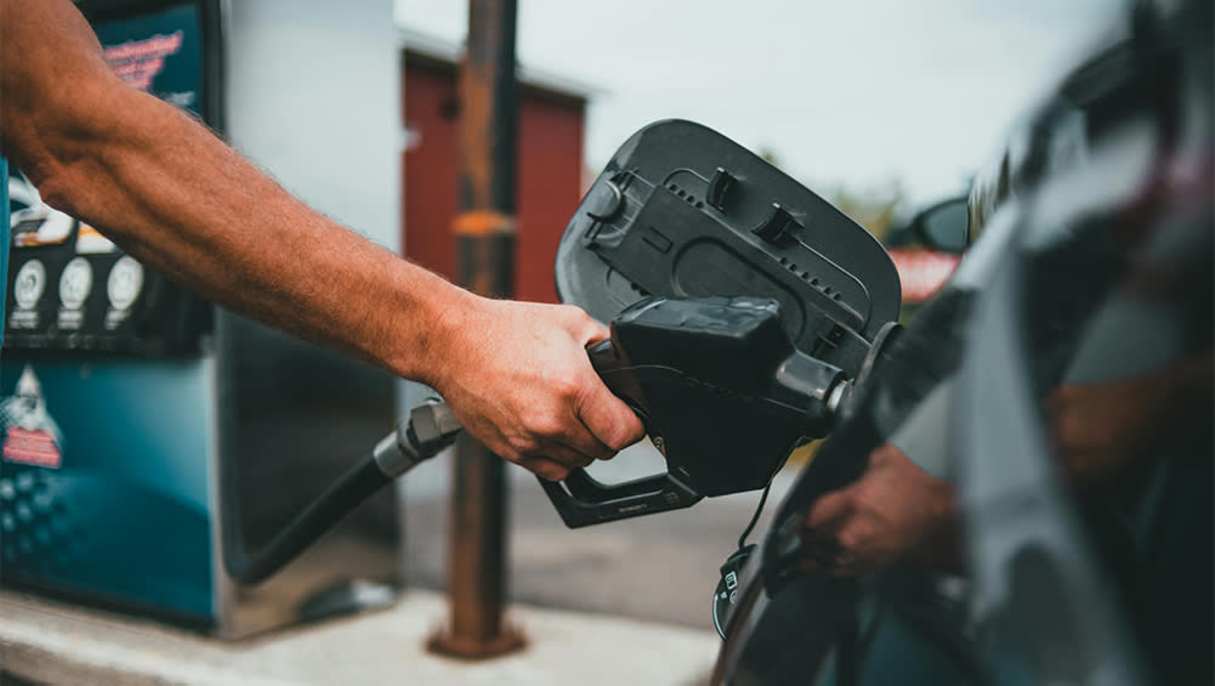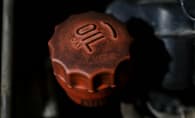It’s a question that comes up at barbecues and wherever else car enthusiasts gather: What is the best quality petrol brand in Australia?
But it’s actually not the right question to be asking. And that’s because there are many micro-considerations rather than one, all-encompassing judgment on what brand is best.
There’s also the fact that all fuels sold in Australia must meet some pretty unflinching (if not as tough as some other parts of the world) minimum requirements for quality and purity.
All of which means when and where you buy your fuel is a lot more important than the brand on the pump at the service station (which could be misleading anyway).
Speaking of fuel purity, in terms of global fuel quality rankings Australia is nowhere. Which is to say that even the best quality fuel Australia has to offer motorists is not as good as that in many other countries. Our diesel is even worse. Even the best quality diesel fuel in Australia has more impurities per litre than many other markets tolerate.
Meantime, there’s an ingrained inclination in many Australians to associate name brands with higher quality products. From an early age, we learn to recognise the big brand comparisons including BP vs Shell vs Mobil vs the rest.
While, in some sectors (say, clothing or furniture) there may be some validity in that view. But, to be brutally honest, it doesn’t apply to the petrol and diesel we buy every day.
Ever since Bob Hawke (long before he was Prime Minister) convinced Australians to buy ACTU-backed Solo fuel in 1977, we’ve had a steady stream of independent fuel retailers come and go.
Liberty was established by the same people that owned Solo back in '77, and we’ve also seen Metro, Vibe, APCO, United and Pearl Energy (mainly in regional areas) and many more come along for varying periods of time.
The most recent developments have seen petrol retailing by chain stores such as 7 Eleven and even retail ‘clubs’ like Costco getting in on the fuel act.
But is 7 Eleven fuel good? Is APCO fuel quality as good as the rest? Yes it is. And that’s the point really, because these are all fuel retailers, not refineries. As such, they buy their stock from the same refineries as every other retailer. At the moment, for example, both Costco and 7 Eleven source their fuel from Mobil, while Liberty’s fuel comes from Shell.

Even without this homogenisation of supply, there are legal requirements to make sure you don’t buy bad fuel by mistake. All fuel sold in Australia must, by law, comply with quality standards and the requirement to meet the octane rating advertised.
We’re not a world leader in this – some countries have much higher standards for impurities and things like sulphur content – but broadly speaking, all fuel retailers across Australia have an obligation to match or exceed these standards.
And that means regardless of whether you buy your fuel from a well-known big brand, a bulk-buy retailer like Costco or an independent retailer, the fuel should be fit for purpose and will not only allow your car to run properly, but not damage its engine or fuel system in any way.
While some well known brands are keen to advertise their performance boosting or dirt busting technology, the fact is all fuels contain additives of one sort or another.
Perhaps there’s a particular brand and grade of fuel that is slightly better at, say, keeping fuel injectors clean, but the science is still out on this and the claims are often based on research by no-name universities, paid for by the fuel company in question. Some of these claims are very much like the make-up industry’s claims of glowing, younger looking skin. Based on what? Beware.
Also, any fuel that was revealed to be creating problems in any way would not be allowed to be sold here.
So why do carmakers recommend a particular fuel? Surely it must suit the car, right? Generally speaking, these commercial tie-ups are just that; commercial deals based on advertising and marketing.
Yes, Porsche recommends you run its vehicles on Mobil fuel, but nothing bad will happen if you suddenly shift to BP.

Slightly more credible are the claims by a carmaker that its engines have been designed to run on a particular lubricating oil. Which makes sense since oil makers will sometimes tailor an additive package to suit the way a particular engine works. But when that recommendation is carried over to the petrol or diesel from the same brand? Not so much.
What should concern you regarding fuel types, however, is ensuring you get the correct octane rating in the fuel you use. This information will be either in the owner’s manual or under the fuel filler flap, but basically, in Australia, cars need either 91, 95 or 98 (the latter two being premium petrol, as it is sometimes called) octane fuel to operate properly and avoid damage.
This octane rating is by far the most important petrol comparison to make when deciding which petrol is best for car (make and model) specific use.
Generally speaking, higher performance engines need higher octane fuel to work properly. Without the correct octane-rating fuel, these engines are likely to become damaged as the fuel is not stable enough (too prone to detonating when it shouldn’t) for the engine to maintain complete control over the combustion process.
The good news is that it doesn’t matter where you buy your fuel from in Australia, if the pump says 91, 95 or 98, then that’s what the octane rating is guaranteed to be. See the pattern emerging here?
Yep, and that is that it’s far more important to buy the right grade of petrol than a particular brand. And Super-grade diesel? Pure marketing.
Meantime, there’s a price to pay for higher octane fuel. The difference between 91 and 95 petrol is usually a few cents per litre, and the same again the difference between 95 and 98 petrol.

So, having established all that, the question now switches from which petrol brand has the best fuel, to which petrol station has the best fuel. This is a classic case of thinking locally, because where you are is more important than what brand you’re buying.
Like many things, fuel has a shelf life. The older it gets (particularly PULP) the less volatile it becomes. And volatility is a measure of how well it ignites (in this case in your engine). If you’ve ever tried to start an old lawn mower after a couple of years, you might know how poor old fuel is at burning.
So, the service station you want is one that turns over the most amount of fuel in a day/week/month. That ensures the fuel hasn’t been hanging around in the underground tanks too long and started to lose its edge.
Also, a new service station will always get our vote over an old station where the underground tanks could be taking in ground water and contaminating the fuel. We’re not saying all old servos suffer from this, but it’s something to think about.
The other thing to watch is a service station where the tanker is still on the forecourt filling those underground tanks. This process tends to stir up any contaminants in the tank and free them to enter your car’s fuel tank. So if the tanker is still there or is just leaving, give that servo a miss.
Unfortunately, if it left only five minutes ago you won’t know. That’s why some countries have legislation preventing a service station selling fuel from an underground tank within 60 minutes of it being filled. It’s something we probably should look at here.
Clearly, getting the best fuel for your car is a lot more involved than simple brand loyalty.





.jpg)
.jpg)

.jpg)

.jpg)

.jpg)


_0.jpg)
.jpg)
.jpg)
.jpg)



.jpg)
.jpg)



